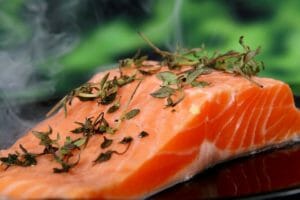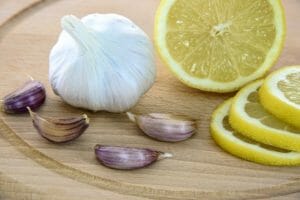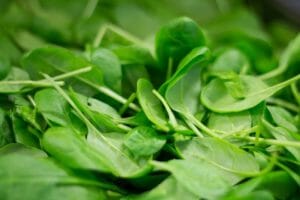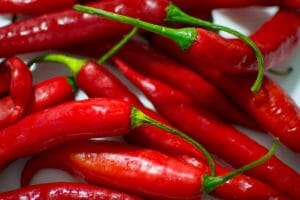If Grandma’s chicken soup recipe isn’t exactly what the doctor ordered for you and your cold and over-the-counter medications aren’t providing any relief, there are some new flu fighters using some old products that could be your ticket to health.
Dr. Tania Elliott, chief medical officer of EHE, the leader in preventive medicine, shares foods to eat when suffering from a cold or flu. The company’s mission is to protect employees’ health.
“There are a variety of foods that research has shown can help with cold and flu symptoms,” said Elliott said in a prepared statement. “Depending on the illness, certain foods can be powerful agents in reducing discomfort and help to shorten the duration.”
If you’re ready for something other than orange juice, chicken soup and nasal spray, following are Elliott’s recommended foods to eat when suffering from a cold or flu.
Turmeric
Stuffy noses are often caused by inflammation of the sinuses as well as mucus build up. Turmeric has natural anti-inflammation properties that can help reduce the swelling in the nasal cavity. Add the turmeric to hot water with lemon or even warmed almond milk.

Salmon
Salmon is chocked full of Omega 3s and is anti-inflammatory to help with swollen sinuses. Salmon also contains important minerals and vitamins such as vitamin D, which plays a role in immune function.

Popsicles
Popsicles made of natural fruit juices are great to rehydrate the body during an illness. Popsicles also help to alleviate sore throat pain. “Make sure to choose only ones that are made with natural juices as artificial ingredients and refined sugars can prevent the body’s ability to fight the infection,” says Dr. Elliott.

Garlic
Garlic has demonstrated to have antibacterial, antiviral, and anti-fungal effects that could speed up the duration of an illness.

Spinach
Spinach and other leafy green vegetables are full vitamins to help fight infections. They are great sources of vitamin C, vitamin K, and vitamin A. Green leafy vegetables also act to protect cells and to fight inflammation. “Adding spinach or kale to a smoothie is a great way get the benefits of the vegetable when you don’t have a big appetite,” says Dr. Elliott. “When preparing the smoothie avoid using dairy, as dairy could increase mucous in the body and worsen symptoms.”
Manuka Honey
Manuka Honey is not only soothing, but it is antimicrobial and can help fight bacteria that cause sore throats.

Cayenne Pepper
Cayenne pepper causes the body to react to the heat and loosen clogged mucus. Studies have shown cayenne pepper also improves circulation, and helps to relieve pain and congestion associated with flu symptoms. “Spicy cayenne pepper can help open nasal passages, but only use if there is no gastrointestinal distress present with the illness,” advises Dr. Elliott.”
Ginseng
Ginseng has long been touted for its preventive traits. During an illness, Ginseng in warm tea can help to improve the body’s ability to fight influenza as well as work to prevent future flus.
Cloves
Cloves have a natural pain relieving property that when added to teas can help reduce sore throat pain. There is also some research that indicates cloves can help with certain bacterial infections.
“Prevention is the first step to staying healthy during cold and flu season,” Elliott said. “Frequent hand washing, proper sleep, and healthy eating are critical for staving off an illness and maintaining proper immune function.”







